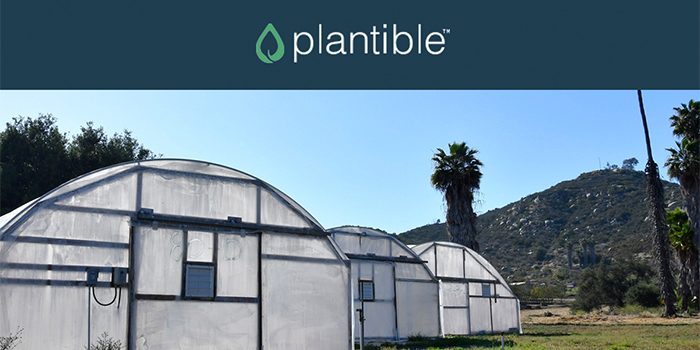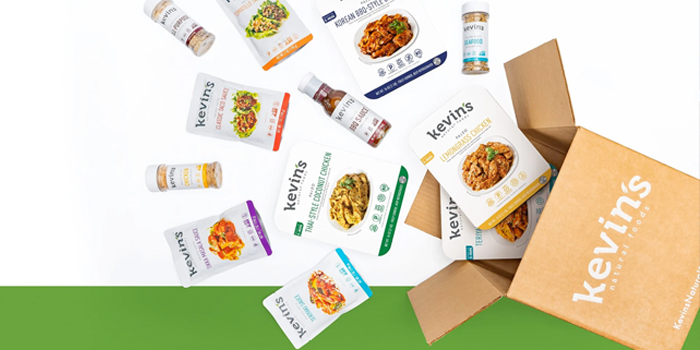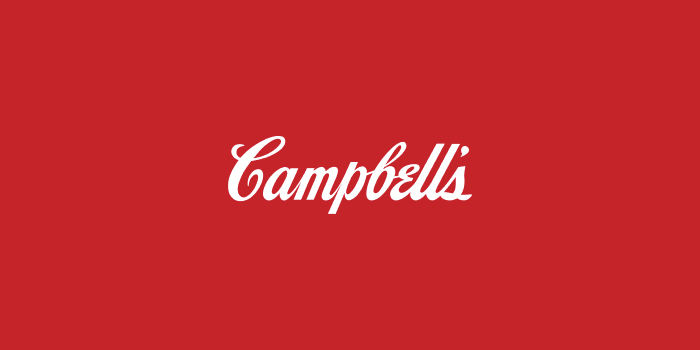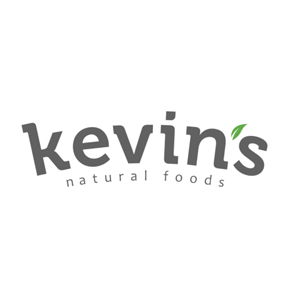The Checkout: Plantible Raises $21.5M; Kevin’s Natural Foods Secures Investment
Welcome to The Checkout: an express lane for the weekly news you need to know, always 10 items or less.

Plantible Raises $21.5 Million to Build New Facility
Food tech company Plantible this week announced it has closed a $21.5 million funding round. The San Diego-based company will use the new capital to build a commercial facility and launch its first product, a plant-based alternative for egg whites, in 2022.
Astanor Ventures led the round, with participation from new investors Piva Capital, CJ CheilJedang, Good Friends, Google SVP of product Bradley Horowitz, Mammoth Biosciences founder Trevor Martin and Unata founder Chris Bryson. Previous investors also participating in the round include Kellogg’s venture capital arm eighteen94 Capital, along with Vectr Ventures, Lerer Hippeau, FTW Ventures and Unshackled Ventures. Plantible last raised $4.6 million in March 2020.
“Beyond the transition away from animal-based protein, the diversification of plant-based protein sources is fundamental to ensuring that the agri-food system will not depend on a set of monocultures,” Christina Ulardic, partner at Astanor Ventures, said in a press release.
Founded in 2018, Plantible produces a plant-based protein called Rubi Protein from duckweed, which is grown in a controlled environment to produce a consistent daily harvest. The company says the ingredient has more protein than beef, peas and soybeans and mimics the functionally of common animal-based proteins, allowing food companies to emulate the taste and texture of animal products using plant-based ingredients. The company’s goal, co-founder and CEO Tony Martens said, is to ultimately “remove chickens and cows from the food supply system.”
“Currently available plant proteins don’t pull their weight when it comes to competing with animal-based products on taste and nutrition,” he said. “By combining plant science, biochemistry and engineering, we are able to create drop-in replacements for these widely used animal-derived proteins without forcing consumers to sacrifice on either taste or nutrition, paving the way for an accelerated transition towards a healthier planet.”
Plantible has scaled its production capacity over the past year, completing the building of a small pilot plant and adding 11 people to its team, which now totals 16. With the new funding, the company aims to now build a commercial facility in the U.S. where it will look to produce and commercialize its plant-based egg white replacement product. Once ready for the market, the new protein can be used by food or beverage companies in meringues, gels and emulsions.

Kevin’s Natural Foods Secures Investment
California-based food brand Kevin’s Natural Foods today announced it has secured a minority equity investment from TowerBrook Capital Partners and NewRoad Capital Partners. The brand, which makes low-carb, heat-and-eat entrees and sides, along with sauces and seasonings, aims to use the new capital to grow production capacity and launch new products. Financial terms of the deal were not disclosed.
“This is a big milestone for Kevin’s,” co-founder and COO Kevin McCray said. “Not only are we expanding our capacity for growth, but we are also augmenting our team with knowledgeable, experienced professionals that share our passion around improving people’s lives by making clean eating accessible, easy and delicious.”
Kevin’s, which is owned by investment company Innov8 Partners (where McCray also serves as COO), began in 2012 as a meal kit company and private label food producer called Chef’s Menu. In 2019, the company pivoted to developing paleo products sold under the Kevin’s brand. Kevin’s manufactures the products in its own production facility, which was purchased in 2019.
Its current paleo product offerings meet a consumer need “that’s growing and drastically underserved,” McCray told NOSH last year, and include sous-vide entrees like paleo Beef Tikka Masala and Cilantro Lime Chicken, as well as complimentary sauces and seasonings. Since launching Kevin’s, the company has scored distribution at over 11,000 retailers including Whole Foods, Costco, Target, Sprouts and Safeway, with products merchandised in the refrigerated section. Its products are also sold through ecommerce on Thrive Market and Amazon.

Campbell Soup Company Reports Q4, Fiscal 2021 Results
The Campbell Soup Company reported decreased sales in the fourth quarter and fiscal year 2021 on its earnings call this week, lapping last year’s sales surge while still notching growth from pre-COVID numbers.
Net sales decreased 11% to $1.87 billion in Q4 and 2% to $8.48 billion for the fiscal year. Executives attributed the Q4 drop to a decline from last year’s elevated food demand, as well as the impact of the sale of baby food and snack maker Plum Organics to SunMaid earlier this year. However, net sales for the quarter and full year were both up 5% compared to fiscal 2019. Campbell’s CEO and president Mark Clouse also said 75% of the company’s portfolio gained or held share year-over-year, the company said.
In its Meals & Beverages segment, net sales were down 2% for the year and 16% for the quarter, driven by declines in its foodservice business and 21% decrease in soup retail sales. Looking ahead to fiscal 2022, innovations within this segment will focus on new eating occasions and wellness trends, Clouse said, including new plant-based soups and broths from Pacific Foods.
Campbell’s Snack segment sales also saw a 2% dip during the fiscal year, declining 6% in Q4.
Brands in its salty snacks portfolio such as Late July, Cape Cod potato chips and Snack Factory Pretzel Crisps made gains while sales for its partner brands and fresh bakery portfolio saw declines.
Overall, Clouse said the results were “a positive finish to a solid year” for the company.
“We successfully navigated a difficult environment, made significant progress advancing our strategic plan and addressed the executional pressures we experienced in the third quarter,” he said. “As we head into fiscal 2022, we have robust in-market momentum on our brands, strong plans to manage inflation, and a talented and committed team to lead through what we expect to be a very challenging environment.”
Looking ahead, the company said it anticipates the first quarter of fiscal 2022 to be the “most challenging” as it laps last year’s surge in food demand and also begins to raise prices to address inflation. CFO Mick Beekhuizen said the company hopes to “partially mitigate these headwinds” in fiscal 2022 with price increases, improvements in supply chain productivity and discretionary spending. Clouse said he expects the coming year to be a “tale of two halves” as inflation continues to affect the industry in at least the first part of the year.
“With COVID resurgence, I think some of the consumer dynamics that supported demand are likely going to be with us for a while longer,” he said.


















